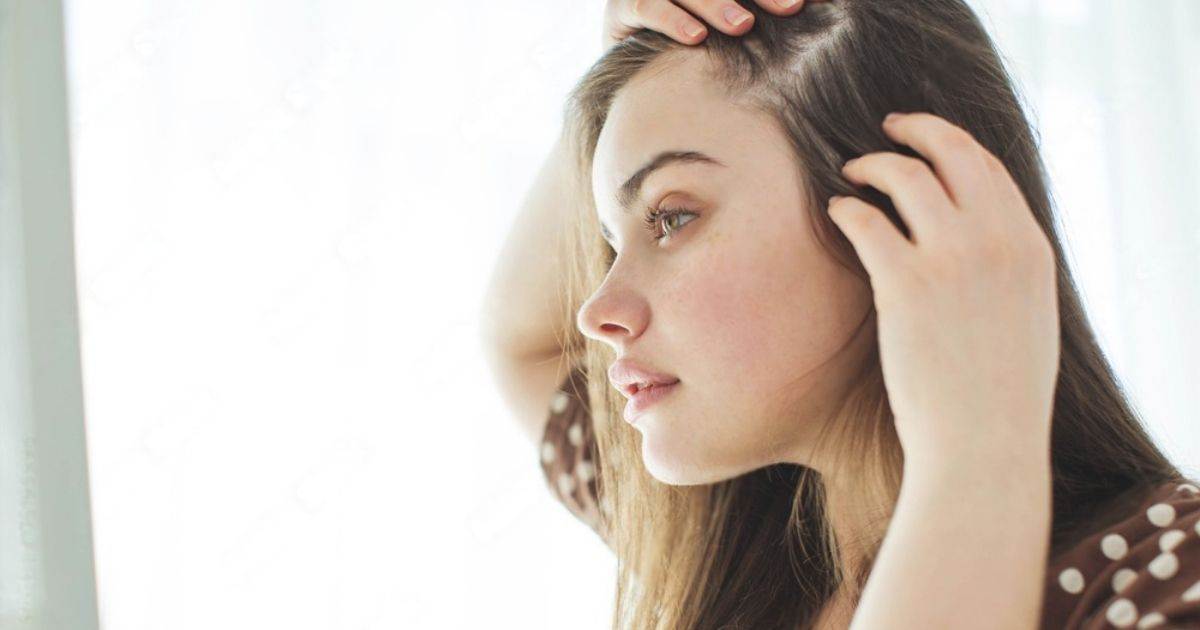Women with polycystic ovary syndrome (PCOS) often experience thinning hair due to excess androgen levels, which are commonly known as male hormones like testosterone. After your hormone levels have been checked and are in proper balance, you could be a suitable candidate for PCOS-related hair loss treatments. Hair loss associated with PCOS is typically known as androgenic alopecia, which is more commonly known as female pattern hair loss (FPHL).

Polycystic ovary syndrome (PCOS) is a hormonal disorder where the ovary produces too much testosterone and is a common cause of hair loss in young women. Unfortunately, the elevated levels of testosterone can cause androgenic alopecia.
We have several clinically proven treatments for PCOS related hair loss throughout several convenient locations. Those treatments include:
We have the ability to better deliver the optimal concentration of PRP solutions in a completely painless fashion -- without needles.
Testosterone blockers such as oral contraceptives and spironolactone can be helpful in managing PCOS related hair loss.
This is due to excess androgen levels, which are commonly known as male hormones such as testosterone. Prior to starting hair loss treatment, we will check your hormone levels to ensure they are in proper balance. If you have elevated androgens, specific birth control pills can be used to block the negative effects on hair. Once your hormone levels are balanced, you can proceed with hair loss treatment.
PCOS is a hormone disorder that can cause a range of symptoms, including both hirsutism and androgenic alopecia. Hirsutism involves excessive terminal hair growth on the upper lip, chin, peri areolar, and mid sternum/lower abdomen areas. Androgenic Alopecia is the most common cause of hair thinning and loss in women and is known as Female Pattern Hair Loss (FPHL).
Women with PCOS may experience extra androgen production, resulting in virilization. This is the development of exaggerated masculine characteristics, including hair growth on the chest, belly, neck, and face.
Instead of losing whole hair by the root, hair loss with PCOS can result in hair getting increasingly dry and damaged before it breaks off along the hair shaft. You may also notice clumps of hair in the shower, or more hair than usual on your clothes, furniture, and pillowcase. You may also have a dry, itchy scalp, sometimes accompanied by dandruff.